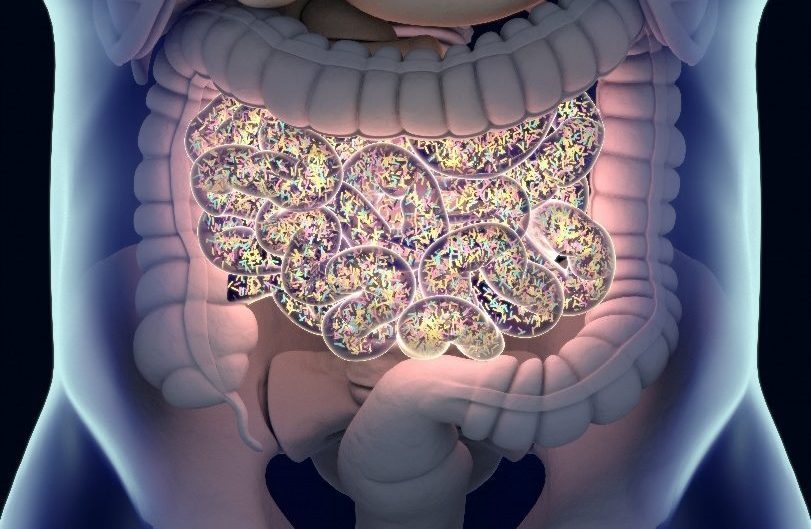People have sought to defy aging ever since the dawn of Genesis. In ancient Egypt, Cleopatra bathed in sour donkey’s milk to cleanse her skin. In the 16th century, Queen Elizabeth I of England and royalties around her used thin raw meat slices on their faces to reduce wrinkles. Targeted reversal of skin aging has long been valued, but only recently have we taken this process down to the cellular level.
Aging is the accumulation of cellular changes that progressively impairs function and eventually causes death. Recent research has revealed that the aging process is due to the accumulation of harmful free radicals in cells and tissue.
Cellular senescence is one of the hallmarks of aging. It is a biological process triggered in normal cells in response to various external and internal signals. Scientists like to define it as a state of cell cycle arrest in which the cell is not dead but does not divide either (#Zombie Cells). Ultimately, this senescent state leads to cell death.
Recently, aging researchers linked senescent cells to microbial imbalances. And with the strong association between senescent cell accumulation during aging and various aging-related and chronic diseases, many eyes turned to the gut microbiome and its relationship with cellular aging.
What Is a Microbiome?
A microbiome is the community of microorganisms in a particular environment, such as fungi, bacteria, and viruses. For example, millions of microorganisms live in our gut and play a significant role in negatively or positively affecting our health: the gut microbiome or “flora.”
Our microbiomes’ balance, quantity, and quality profoundly influence how healthy we are. Research shows that the gut microbiota regulates our immunity, metabolism, brain, and even psychological health.

How Can You Naturally Improve Your Microbiome?
The gut microbiota undergoes many changes throughout our lifetime due to our diet and lifestyle choices, genetics, and aging consequences. Because the microbiome is affected by many factors, there are several things we can do to improve its health, thereby enhancing the health of our bodies on a cellular level.
1- Regular Sleep Patterns: Studies show that sleep disorders (circadian disorganization) caused by irregular sleep patterns can impact the intestinal microbiota.
2- Workout Routine: A recent study at the University of Illinois offers evidence that microbiome health responds positively to exercise [1].
It included 32 adults divided into two groups, lean and obese individuals, who went through a supervised exercise program three times a week for six weeks while keeping their diet constant. Moreover, an increase in fecal concentrations of Short Chain Fatty Acids (SCFAs) was statistically seen in the lean group, an observation directly attributable to improved balance in gut microbes. These effectively reduce risk of inflammatory disease, type 2 diabetes, obesity, metabolic syndrome, and heart disease.
3- Controlling Stress: You may have to include stress relief methods like meditation, deep breathing, or yoga to keep a healthy microbiome. Many studies have revealed that regular stress exposure negatively impacts your colonic motor activity, altering your microbiota profiles, which decrease the number of beneficial bacteria, such as Lactobacillus.
4- Following A Microbiome-friendly Diet: A healthy diet for the microbiome should be full of diversified vitamins, nutrients, minerals, antioxidants, and healthy sugars that can positively impact our gut microbiota. The best diet recommended is the Mediterranean diet. This diet is characterized by high daily consumption of whole grains, fruits and vegetables, legumes, with low consumption of meat, fish, and lactose-rich products for their pro-inflammatory effects. Profound data is emerging to suggest that the Mediterranean diet can delay age related disease, including cancer and diabetes.
In addition, the consumption of probiotics and prebiotics can increase the number of healthy and good microorganisms. There are several great supplements that you can take daily to improve the health of your microbiome. You can also rely on diet to obtain pro- or prebiotics by adding yogurt, fruits, vegetables, and whole grains.
Here is a list of our diet recommendations to maintain a healthy microbiome:
- Vegetables and greens are loaded with fiber and are the gut bacteria’s favorite snack.
- Prebiotics can be found in whole grains, garlic, green tea, and many others. You can also take the daily required amount as a supplement.
- Probiotics can be found in fermented food such as yogurt, tofu, kombucha, and Sauerkraut. Probiotics supplements are available in diversified strains.
- Avoid unnecessary antibiotics. Most antibiotics do not differentiate between the good and the harmful bacteria in the gut. Therefore, it is crucial to be mindful of how antibiotics affect your body and make sure that you follow a good diet to replenish the good bacteria in your body.
- Healthy lifestyle: following the Mediterranean diet, exercising moderately, and getting good sleep are the perfect team for a healthy microbiome.

Conclusion:
With advances in science, researchers are getting closer to cracking the underlying code for cellular aging. We now know that aging starts in the gut. Literally. This is because we are colonized by millions of microorganisms that keep us healthy. We provide them with food, and they provide us with health. Any imbalance in these microorganisms’ quantity, quality, or diversity can cause serious health issues and accelerate our cellular aging.
Fortunately, we can improve the health of our microbiome to improve our cellular health and possibly slow down aging. Making mindful decisions about our lifestyle can have profound effects from inside out.
Remember the saying: “We are what we eat?”. With science more consistently correlating gut health to disease, there may be no greater truth.
Al Feky, Staff Writer @ Montecito Concierge Medicine
Scientific Writer l Health & Nutrition Life Coach
References


